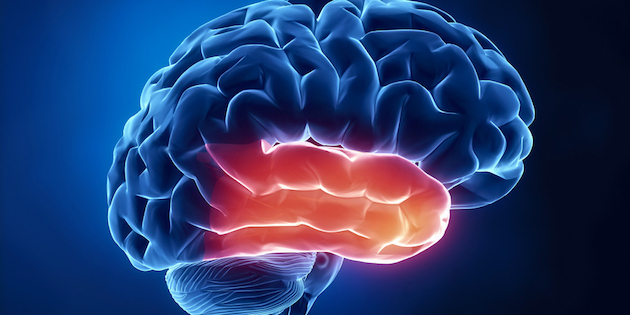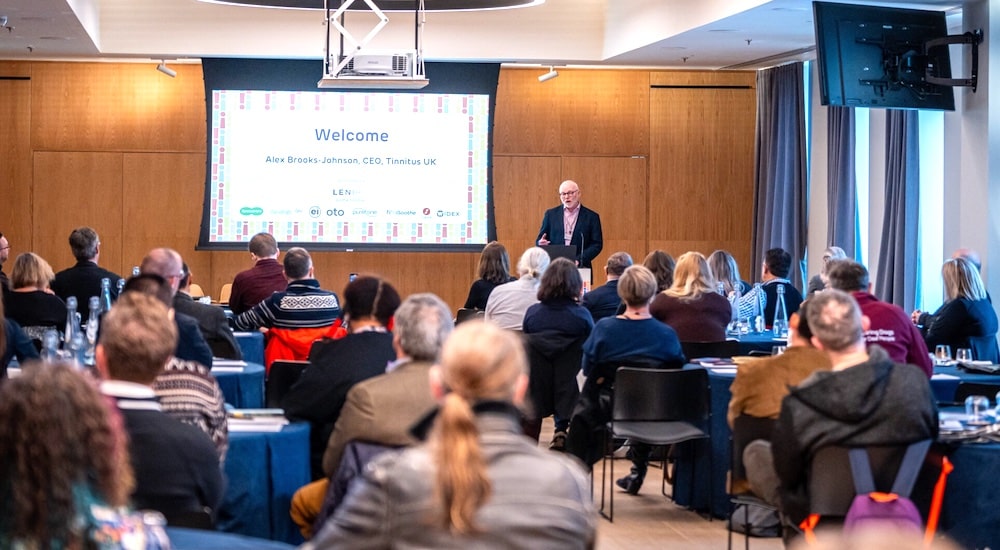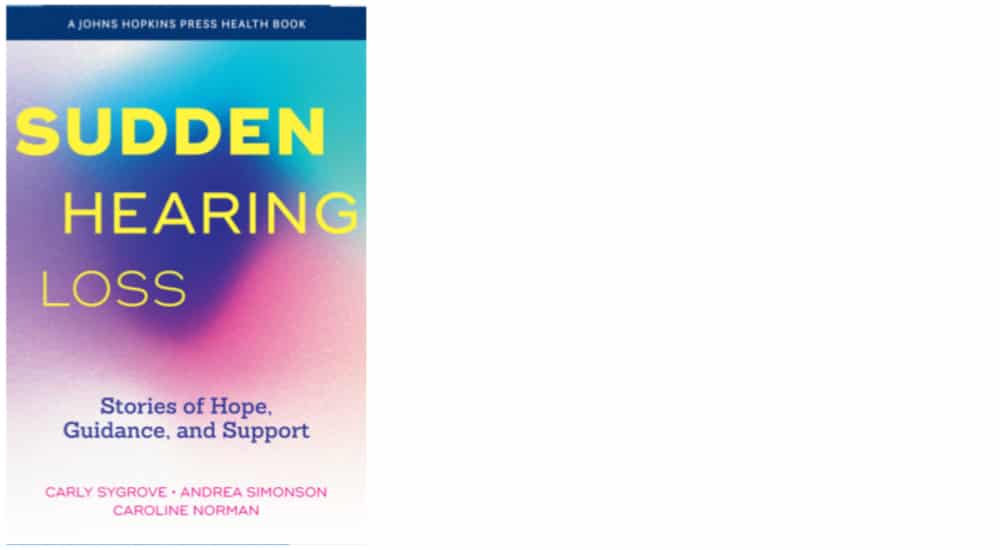AI breakthrough brings objective tinnitus diagnosis within reach
tinnitus
An algorithm developed by researchers at the Bionics Institute in Melbourne, Australia may pave the way to providing a tool for clinicians to detect and objectively measure a patient’s tinnitus.

The breakthrough was made in the most recent stage of ongoing brainscan research that uses functional near-infrared spectroscopy (fNIRS), portable and near-silent neuroimaging that allows for increasingly improving quality of measurements of brain blood flow activity related to sound. In their latest experiment—on 25 people with chronic tinnitus and a control of 21 people without the condition—the Melbourne team achieved identification of the presence of tinnitus with 78% accuracy.
An equally significant discovery was that they could distinguish between mild and severe forms of tinnitus with 87% accuracy.
Research method
The scientists measured fNIRS signals while participants were presented with both visual and auditory stimuli. The people with tinnitus were asked to rate how loud and annoying their condition was. When these results were correlated with the patterns of brain activity based on their fNIRS signals, it was found that those with more severe tinnitus had higher levels of background connectivity between temporal, frontal and occipital regions of the brain at rest. This difference from the control group meant the machine learning algorithm could measure the tinnitus through probability analysis. The full study was published in the November issue of PLOS ONE.
The leader of this research, Mehrnaz Shoushtarian, believes the algorithm’s capacity to objectively distinguish between mild and severe tinnitus may help to improve treatment for the condition. However, despite the results pointing to an objective measurement of the condition, the success of treatments—and the patient groupings used in the study, still rely on subjective reports from patients.
Source: New Scientist


